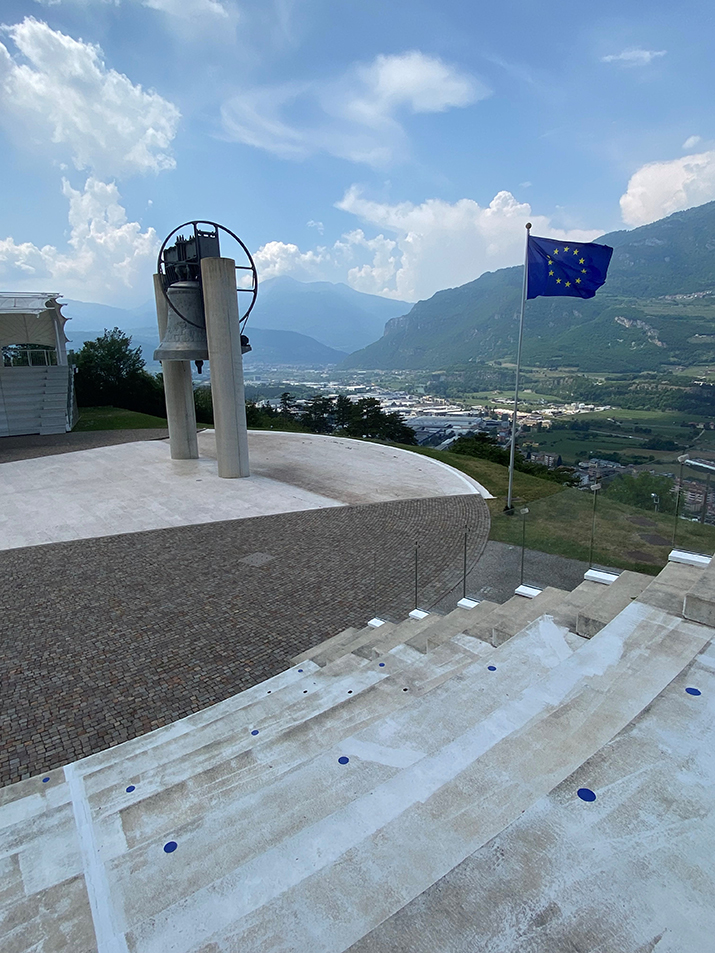Europe would not live long if its union were simply the result of a sum of interests. Individuals who consider history only from this point of view always have a narrow vision which is essentially based on their own interests. With this logic, it took only 20 years for the second global conflict to break out in 1939 after the conclusion of the First World War with the Peace of Versailles in 1919.
The Fathers of Europe instead teach us that the concept of a "European nation" was born from an idea that, even before economic and financial issues, was concerned with culture and politics: for all involved to renounce a part of their sovereignty so that everyone could be free and stronger. But the Fathers of Europe also teach us that to develop truly innovative ideas three virtues are necessary: courage, patience and generosity. Courage is needed to overcome the opposition, envy and resentment that great ideas inevitably unleash, sometimes even on one's own doorstep. Patience is fundamental because nothing good is built without time. Finally, generosity is required because the most beautiful and true things for a man and a woman are those that do not die with us but are passed down.
The "European nation" is concerned with culture and politics
«Schools beyond Regions and Borders» is an international project relating to citizenship education that involves 7 Nations and which aims to develop five themes of civic education "from the people" and upload them onto a special digital platform over the course of three years. Students and colleagues from the Da Vinci scientific high school, the Ladin de Fascia school and the German language Marie Curie Institute in Merano are ready to meet and discuss at different times and on various issues with guests arriving from Sarajevo and Dublin. We will talk together, we will sing together, we will walk together along both the streets of Rovereto and Trento as well as the paths of our beautiful Dolomite mountains.
In the spirit of a great Father of Europe who was born a few kilometers from here and who wrote in September 1953 that: Europe exists, but is in chains; we need to break these links; our political structures betray their own arteriosclerosis terribly […]. To unite Europe, there is perhaps more to destroy than to build, throwing away a world of prejudice, timidity and bitterness […] Let us talk, write, insist, let us not take a moment to breathe; so that Europe remains the topic of the day […] What should our watchword be? In my opinion, union with a variety of natural and historical forces. We will be able to move in this direction if we are able to march towards a new European humanism while respecting the traditions, the momentum towards progress and the practice of freedom.
Giuseppe Zorzi, Coordinator of the European project Schools beyond Regions and Borders
Renounce a part of one’s sovereignty in order to be stronger and freer







